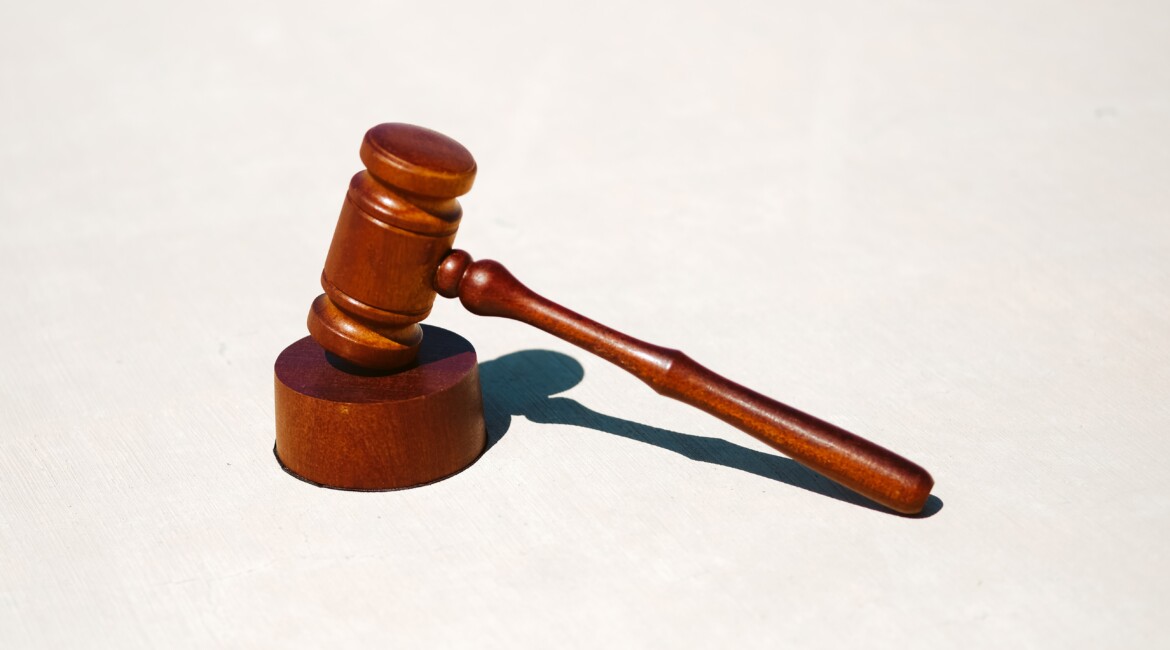
What is Summary Judgment?
Summary judgment is a legal process where a court makes a decision on a claim or issue without going through a full trial. The goal is to speed up case resolution, save time, and reduce costs.
There is no restriction on the type of case where summary judgments can be used. However, they are unsuitable in instances where a complex legal or factual issue requires investigation, as this would require a formal trial.
What Are the Requirements?
To get a summary judgment, the party applying for it (either the claimant or defendant) must prove that the other side has no real chance of winning. The burden of proof is on the applicant to show this and demonstrate there’s no compelling reason for a trial.
If the applicant satisfies this, then the burden shifts to the other side for them to argue that they do have a chance of success or there is some other compelling reason for a trial to take place, for example, if a witness has failed to be called.
When Can You Apply?
A claimant can apply for summary judgment once the defendant has filed an acknowledgement of service or a defence. A defendant can apply after filing their acknowledgement of service or defence. This ensures both parties have a chance to participate in the proceedings. However, exceptions exist, allowing claimants to apply for summary judgment right after serving the claim form.
The court can also initiate a summary judgment before the case management conference to identify cases that can be resolved quickly. Both parties receive a 14-day notice of the hearing date and the issues the court will decide.
Process
Before applying, it is good practice to notify the other side of your intention to apply for a summary judgment. This has the benefit of revealing any arguments the opposition may make which could defeat your application.
An application notice, on Form N244, must be filed and served by the applicant, along with a witness statement, detailing why the applicant believes the respondent has no real chance of succeeding and why there is no other reason for a trial.
The respondent then must file any evidence in response to the application, justifying the need for a trial, at least seven days before the hearing date. The applicant then has a short window of time to respond to the defence.
The hearing itself will not resemble a trial but rather the court will hear each parties’ arguments as to whether a full trial is necessary and make a judgment on those facts. If the court finds the case is one with no real chance of succeeding, the case will be disposed of summarily.
Possible Court Orders
The court can make various orders after summary judgment, including ruling in favour of the claimant, dismissing a claim, rejecting a summary judgment application, or granting conditional orders.
Pros and Cons
Pros of summary judgment include quicker resolution, cost savings, and forcing the other party to clarify their position early. However, the applicant faces a high burden of proof, while the respondent only needs to show a chance of success. The court has discretion in awarding costs, and an unsuccessful applicant may have to cover the other party’s fees.
Alternatives to Summary Judgment
- Strike Out: A strike out application aims to dismiss all or part of a case based on various grounds, but it relies solely on statements of case, making it harder to prove than summary judgment. Both applications are commonly pleaded together.
- Statutory Demands: A statutory demand is a formal written demand to pay a debt within 21 days. If the debtor does not pay by the due date, the creditor can rely on the statutory demand to apply for bankruptcy (if the respondent is an individual) or a winding-up (if the respondent is a company) from the court. Although this is often a cheaper and more effective method than seeking a summary judgment, it may fail if a debtor presents a defence and courts have become wary of and therefore reluctant to enforce such orders, often misused as debt collection methods.
Summary judgment offers a faster, cost-effective way to resolve legal disputes, but it comes with challenges. Seek advice from litigation experts to improve your chances of success. Contact our expert litigation team at wewillhelp@jonathanlea.net for assistance.
This article is intended for general information only, applies to the law at the time of publication, is not specific to the facts of your case and is not intended to be a replacement for legal advice. It is recommended that specific professional advice is sought before relying on any of the information given. © Jonathan Lea Limited.
